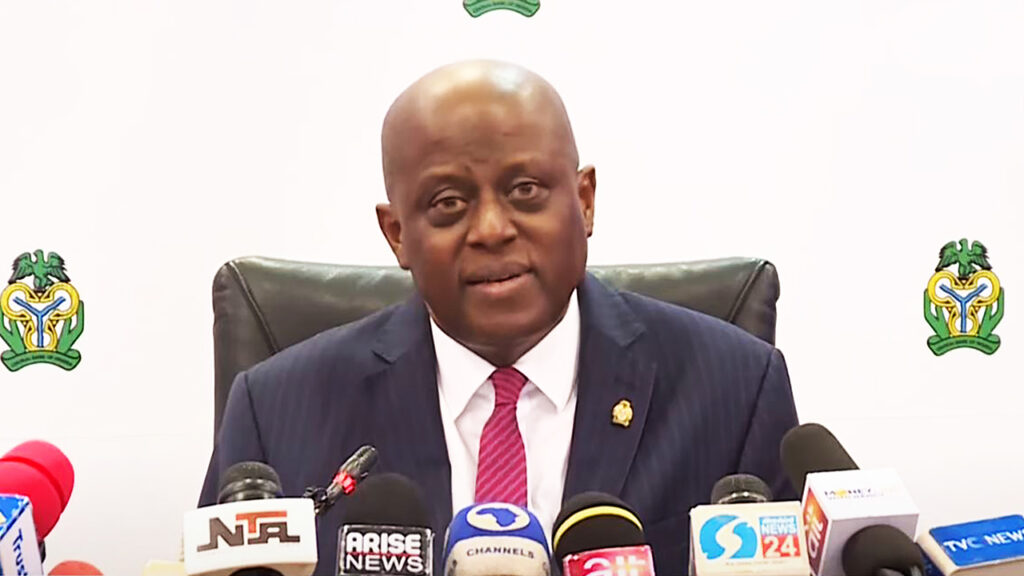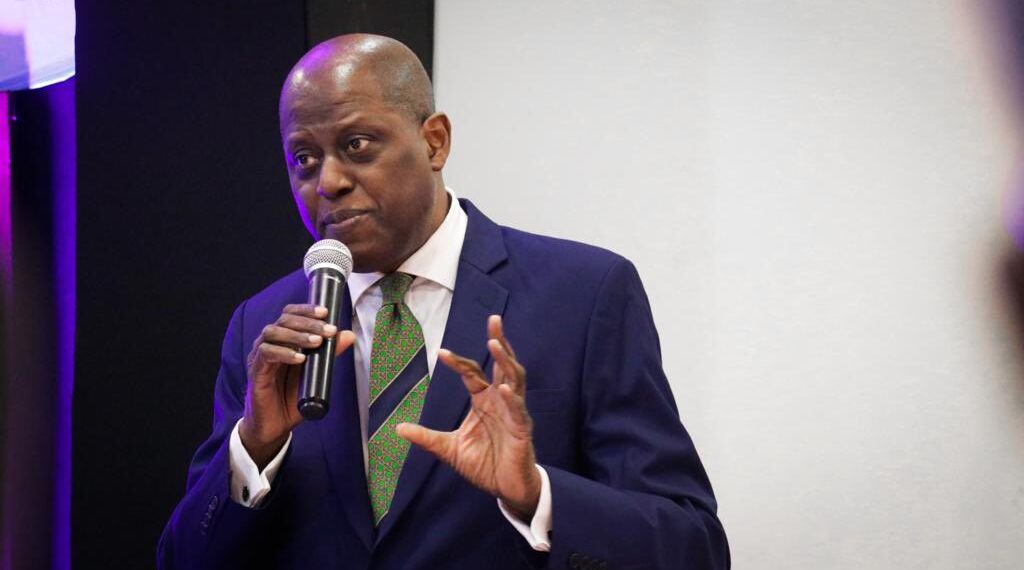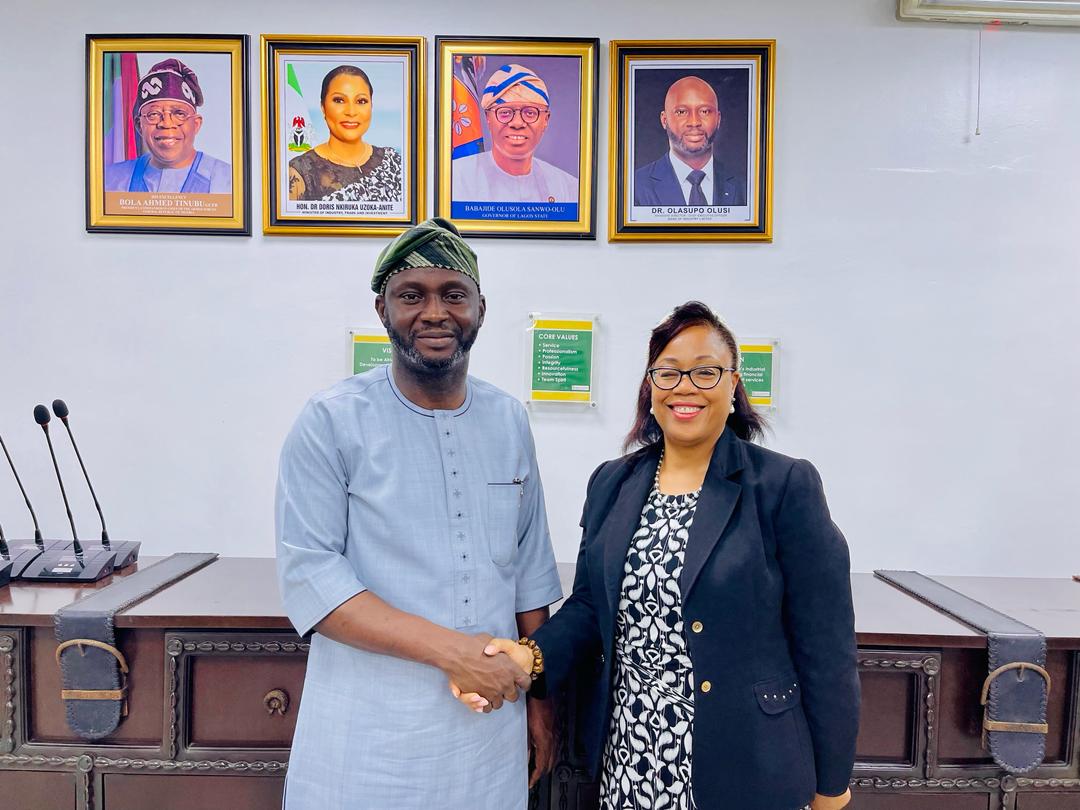The Central Bank of Nigeria (CBN) has officially refuted claims about extending the recapitalization deadline for Bureau de Change (BDC) operators. This clarification, issued on the 16th, addresses widespread speculation that the CBN would allow more time for BDCs to meet new capital requirements.
Background on BDC Recapitalization
The CBN’s directive for BDCs to increase their minimum capital base has generated significant discussion. To strengthen the foreign exchange market, the CBN mandated that BDCs raise their capital from [insert previous amount] to [insert new amount] by [insert original deadline]. This policy aims to ensure that these operators can effectively manage foreign exchange transactions and maintain currency stability.
Many BDC operators have expressed concerns about meeting these requirements on time. As a result, rumors of an extension began to circulate, prompting the CBN’s prompt response. The central bank emphasized that there will be no extension of the deadline and urged BDC operators to comply with the existing regulations. “We are committed to ensuring that only well-capitalized BDCs operate in Nigeria,” the CBN stated.
CBN’s Position and Future Outlook
The CBN’s firm stance has raised alarm among BDC operators. Many are now scrambling to meet the capital requirements. Some stakeholders worry that without an extension, the number of active BDCs may decline, potentially affecting the availability of foreign currency for retail customers.
To support BDCs during this transition, experts suggest that the CBN could offer training programs. These initiatives could help operators understand the new regulations better and enhance their compliance capabilities.
In conclusion, the CBN’s denial of any extension for the BDC recapitalization deadline reinforces its commitment to enforcing financial regulations. As the deadline approaches, BDC operators must act swiftly to meet the new capital requirements. The outcome of this policy will significantly impact the structure of the BDC landscape in Nigeria, shaping the future of the foreign exchange market.




